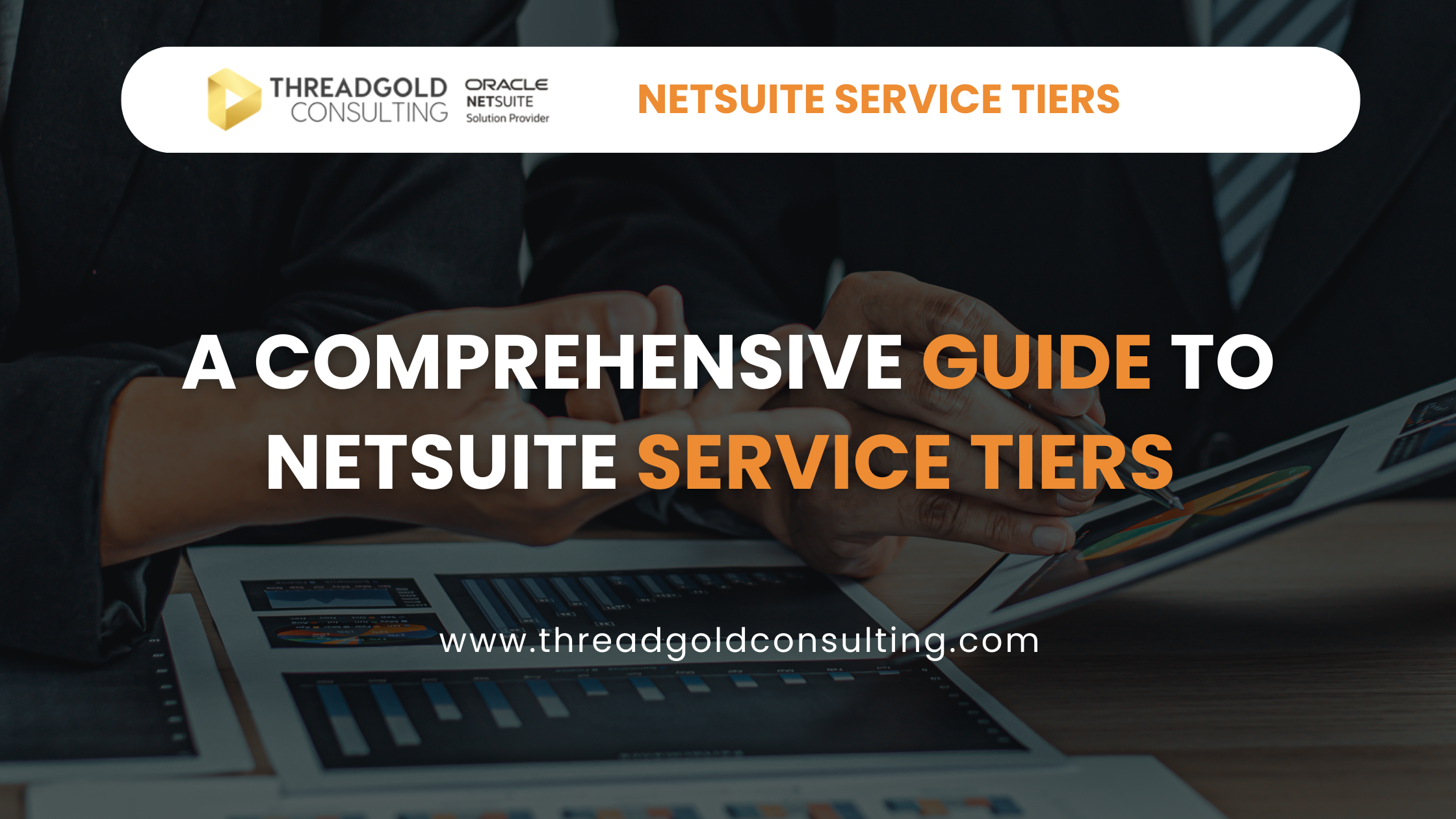The heart of every single business is making and receiving money. Without the ability to receive funds into an account, a business is rendered useless. As such, payment processing is a critical component of an ERP system. Oracle NetSuite, one of the top ERPs on the market, offers a wide range of payment processing capabilities, which we explore in this guide.
What This Blog Covers:
- NetSuite payment processing methods
- How to set up payment processing in NetSuite
- Choosing and comparing payment gateways
- Tokenization and security features
- Key benefits, limitations, and real-world examples
- Expanded FAQs and expert recommendations
What is Payment Processing?
Payment processing refers to the sequence of steps involved in accepting electronic payments from customers. It includes verifying payment details, authorizing transactions, transferring funds, and recording those transactions within a business’s accounting system. In the context of NetSuite, payment processing also involves seamless integration with financial modules, ensuring data accuracy and streamlined operations.
Here’s a simplified flow of a typical payment transaction:
-
A customer initiates a payment through an online store, invoice, or customer center.
-
The transaction details are sent to a payment gateway for authorization.
-
The payment gateway communicates with the customer’s bank or card issuer.
-
Once authorized, the transaction is recorded in NetSuite.
-
Settlement occurs, transferring the funds to the business’s bank account.
-
The transaction is reconciled automatically within NetSuite.
The Importance of Efficient Payment Processing
Efficient payment processing is essential for:
- Improved Cash Flow: Efficient payment processing ensures that payments are received and processed quickly, reducing the time between billing and receipt of funds. This improved cash flow helps businesses manage their operational expenses more effectively and invest in growth opportunities.
- Reduced Errors and Fraud: Automation and streamlined processes reduce the likelihood of human error and help detect fraudulent transactions. This protection not only safeguards the business’s financial health but also maintains its reputation among customers.
- Enhanced Customer Experience: Customers expect quick, easy, and secure payment options. Efficient systems provide these features, leading to higher customer satisfaction and loyalty. Delays or complications in payment processing can lead to frustration and potentially drive customers to competitors.
- Operational Efficiency: By reducing manual tasks and automating payment processes, businesses can allocate resources to more critical areas, such as product development or customer service. This operational efficiency can lead to cost savings and better use of human resources.
- Scalability: As businesses grow, the volume of transactions typically increases. Efficient payment processing systems can scale to handle higher volumes without a corresponding increase in errors or processing times. This scalability is crucial for supporting business growth without compromising service quality or financial stability.
Payment Processing Options in NetSuite
NetSuite’s payment processing solution, SuitePayments, integrates payment processing services with the NetSuite platform, providing a single source for managing the entire order-to-cash cycle. NetSuite supports several payment methods to meet the needs of both B2B and B2C organizations.
Credit Card Processing
With SuitePayments or a certified third-party gateway, NetSuite allows for secure credit card processing. Businesses can offer customers the ability to pay online, by phone, or automatically via recurring billing. Credit card data is tokenized and stored securely, minimizing PCI exposure.
This method is best for ecommerce, subscription billing, and other high-volume environments. Integration with NetSuite ensures that transactions are recorded immediately and linked to customer records and invoices.
ACH / EFT Payments
For B2B payments, ACH (Automated Clearing House) and EFT (Electronic Funds Transfer) provide low-cost, bank-to-bank payment options. NetSuite's Electronic Bank Payments module facilitates this process. It allows businesses to submit batch payments, disburse funds to vendors, and receive payments from customers directly into their bank accounts.
It's important to be mindful of processing limits, as NetSuite caps batch processing at 5,000 open payments. Monitoring and scheduling batches can help prevent disruptions.
Digital Wallets & Crypto
To support evolving payment trends, NetSuite can integrate with gateways that support digital wallets (Apple Pay, Google Pay) and even cryptocurrencies. These options are ideal for businesses that serve a younger, tech-savvy customer base or operate internationally.
These methods often require third-party connectors or custom development but can significantly enhance your customer checkout experience.
PayPal & Other Gateways
NetSuite can also integrate with PayPal, particularly useful for ecommerce businesses. While convenient, PayPal integrations are often more basic than other gateways and may require additional configuration to sync transactions effectively.
For gateways like Stripe or Square, which are not certified by NetSuite, integration is still possible using SuiteScript or third-party connectors. However, these setups often lack out-of-the-box support and may require custom maintenance.

Setting Up Payment Processing in NetSuite
Payment Processing Profiles
Setting up payment processing in NetSuite involves creating and managing payment processing profiles. These profiles define how transactions are handled and processed, ensuring that payment acceptance is aligned with business needs and compliance requirements.
Gateway Integrations
NetSuite allows for integration with multiple payment gateways, providing businesses with the flexibility to choose the best provider based on transaction fees, geographic reach, and security features.
NetSuite offers a number of certified payment processors who have been vetted and confirmed as a safe, and can easily integrate with the NetSuite solution. A few of these options are:
- Freedom Pay: This extensive payment platform facilitates the acceptance of a variety of payment methods such as credit cards and mobile wallets. Integration with NetSuite by Freedom Pay provides a fluid experience in payment processing.
- Cybersource: As a prominent provider of safe electronic payment services, Cybersource offers integration with NetSuite that enhances security and efficiency in payment processing. It includes capabilities for fraud management and supports diverse payment types.
- Solupay: Focused on B2B payment solutions, Solupay provides a NetSuite integration that optimizes payment workflows and improves management of cash flows.
You can also integrate non certified payment processors, which are providers that haven't been vetted by NetSuite. This will have to be via a custom integration completed by your implementation partner. When choosing a provider, make sure that they are secure and reliable, and that it won't be too challenging to integrate into NetSuite.
Tokenization and Security
To further enhance security, NetSuite utilises tokenization technology. This method replaces sensitive payment data with unique identification symbols, retaining all essential information without compromising security.
Benefits of NetSuite's Payment Processing Capabilities
NetSuite's payment processing system offers several key benefits designed to enhance business operations and financial management:
-
Integrated Financial Management: NetSuite payment processing is fully integrated with its ERP system, allowing businesses to manage financial transactions seamlessly within the same platform used for other business operations. This integration provides real-time visibility into cash flow and financial metrics.
-
Enhanced Security: NetSuite adheres to PCI compliance standards, ensuring that all payment processing is secure. This helps protect sensitive data, reduce fraud risks, and build customer trust through secure transaction processes.
-
Multi-Currency and Global Support: For businesses operating internationally, NetSuite's OneWorld supports multiple currencies and complies with local payment processing regulations. This global functionality enables businesses to expand into new markets without needing separate payment systems.
-
Diverse Payment Options: NetSuite supports a wide range of payment methods, including credit cards, ACH transfers, and newer alternatives like digital wallets and cryptocurrencies. This flexibility allows businesses to cater to the preferred payment methods of different customer segments.
-
Automated Reconciliation: NetSuite's payment processing automates the reconciliation of payments, reducing manual effort, minimizing errors, and ensuring that financial records are accurate and up-to-date.
-
Efficient Transaction Management: From invoicing to settlement, NetSuite streamlines all aspects of transaction management. This efficiency speeds up the transaction cycle, improves customer satisfaction, and frees up resources for other tasks.
-
Customizable Payment Processing: Businesses can customize payment gateways and processing rules to fit their specific needs. This customization includes setting up fraud prevention filters and tailoring payment approval workflows.
-
Improved Reporting and Analytics: NetSuite offers robust reporting and analytics tools that provide deep insights into payment processing activities. Businesses can monitor transaction volumes, track payment statuses, and analyze trends to make informed decisions.
-
Audit Tracking: NetSuite maintains a complete record of the full transaction lifecycle, giving you a 360-degree view of your customer transaction history and detailed audit tracking while maintaining the security of payment card data.
-
Reduced Processing Costs: By consolidating payment processing within its ERP system, NetSuite can help reduce transaction fees and other costs associated with managing multiple payment systems.
If you'd like to find out more on payment processing, come and speak to our experts at Threadgold Consulting. We can show you the extensive functionality that NetSuite can offer your business, and we can help you build a solution that is right for you. As always, price is important, so check out our pricing guide for more information on licensing and implementation.
FAQs
Q: What are the different payment methods supported by NetSuite?
A: NetSuite supports a wide range of payment methods, including credit cards, ACH/EFT, Apple Pay, PayPal, and select cryptocurrencies. These can be configured through native SuitePayments or integrated third-party gateways.
Q: Can businesses integrate their existing bank accounts with NetSuite?
A: Yes. NetSuite enables seamless integration with bank accounts through automated bank feeds, APIs, and tools for direct deposits and reconciliations, improving financial visibility and cash flow management.
Q: How does the Procure-to-Pay (P2P) workflow function in NetSuite?
A: The Procure-to-Pay process in NetSuite covers the full vendor transaction lifecycle, from purchase requisition and purchase order creation to receiving goods, invoice matching, and completing payments within the system.
Q: How does NetSuite match incoming payments to open invoices?
A: NetSuite uses predefined rules to automatically apply incoming payments to outstanding invoices. Users can also manually apply payments using the "Receive Payments" interface when necessary.
Q: What types of fees are associated with using NetSuite payment processing?
A: Fees vary based on the chosen payment processor and transaction volume. Typical charges include percentage-based transaction fees, flat monthly platform fees, and one-time gateway setup costs.
Q: Is it possible to integrate Stripe or Square with NetSuite for payment processing?
A: Yes, businesses can integrate Stripe or Square with NetSuite using custom development or third-party connectors, although these providers are not officially certified by NetSuite and may require additional maintenance.
Q: What is the average implementation timeline for NetSuite payment processing solutions?
A: Certified payment gateway integrations generally take 2–6 weeks to implement. Custom integrations may require a longer timeline depending on complexity, testing requirements, and resource availability.
Q: How are customer refunds processed within NetSuite payment processing?
A: Refunds are initiated within NetSuite’s customer record or transaction view and are executed through the integrated payment gateway. Processing times and associated fees depend on the specific gateway and payment method used.

.png)



